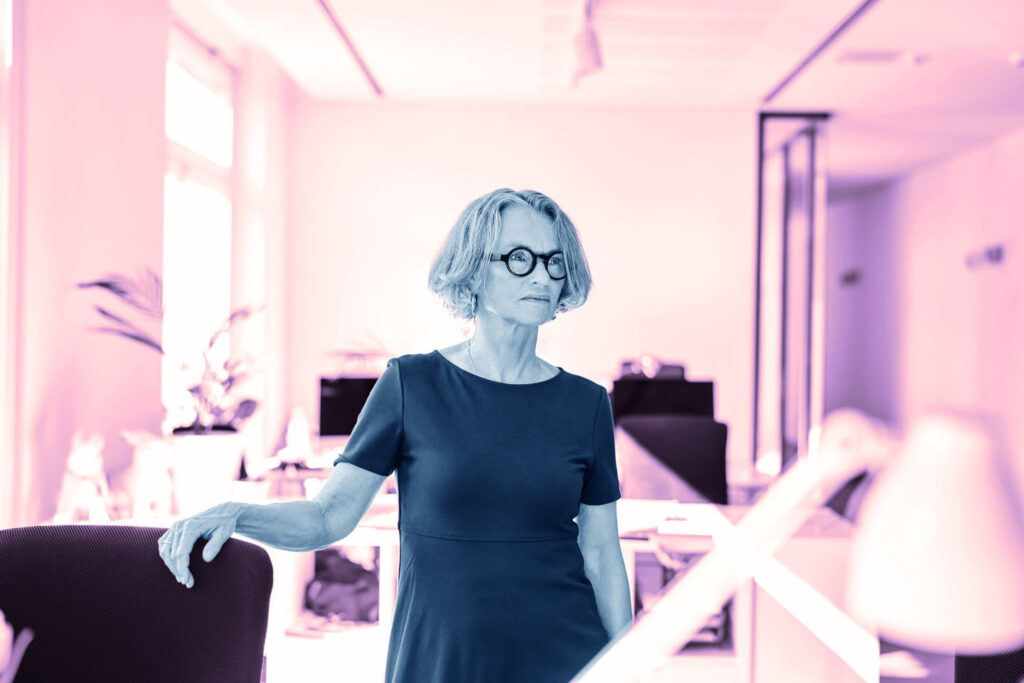Don Lemon’s offensive comments have created an international conversation about the double standard when it comes to women.
He said that Republican presidential candidate Nikki Haley is “past her prime” because she’s 51.
Why is it that men can go gray and it’s considered distinguished?
The firestorm over the firing of a gray-haired female news anchor in Canada
| ‘Am I useless now?’ Aging women in the workforce face a crisis of confidence and experts say they simply deserve more |
| Women can’t escape the anti-aging ads swarming consumers. The name itself sends a message that the most desirable way to age is to not look like you’re aging at all.
“There’s a much higher bar for women to appear younger,” Heather Tinsley-Fix, a senior advisor of employee engagement at the AARP, tells Fortune. “Women face a much higher bar with regard to ageism; they experience it earlier and more frequently than men.” Therefore, women may feel they need to take action to look younger, leading many to accrue a hefty cost. Data from the Federal Reserve Bank of San Francisco shows callback rates for older women looking for jobs, in particular, lagged behind other age groups. In retail sales, the research found a larger discrepancy between callbacks for older women. Instead of embracing aging, there seems to be a collective fear and distance from it in society. The public outcry over Canadian broadcaster Lisa LaFlamme’s reportedly being fired due to her gray hair underscored the harmful pressure on women to meet unrealistic physical standards to stay relevant—implying that gray hair isn’t. Many resonated with the pressures, especially those in forward-facing or service industry jobs. “There’s this sort of growing unease, this fear of how [ageism] could actually impact me in a material way. Could I lose my job? Or if I lose my job for a reason that has to do with, say, a merger or something, will I be able to get back into the workforce?” Tinsley-Fix says. |

